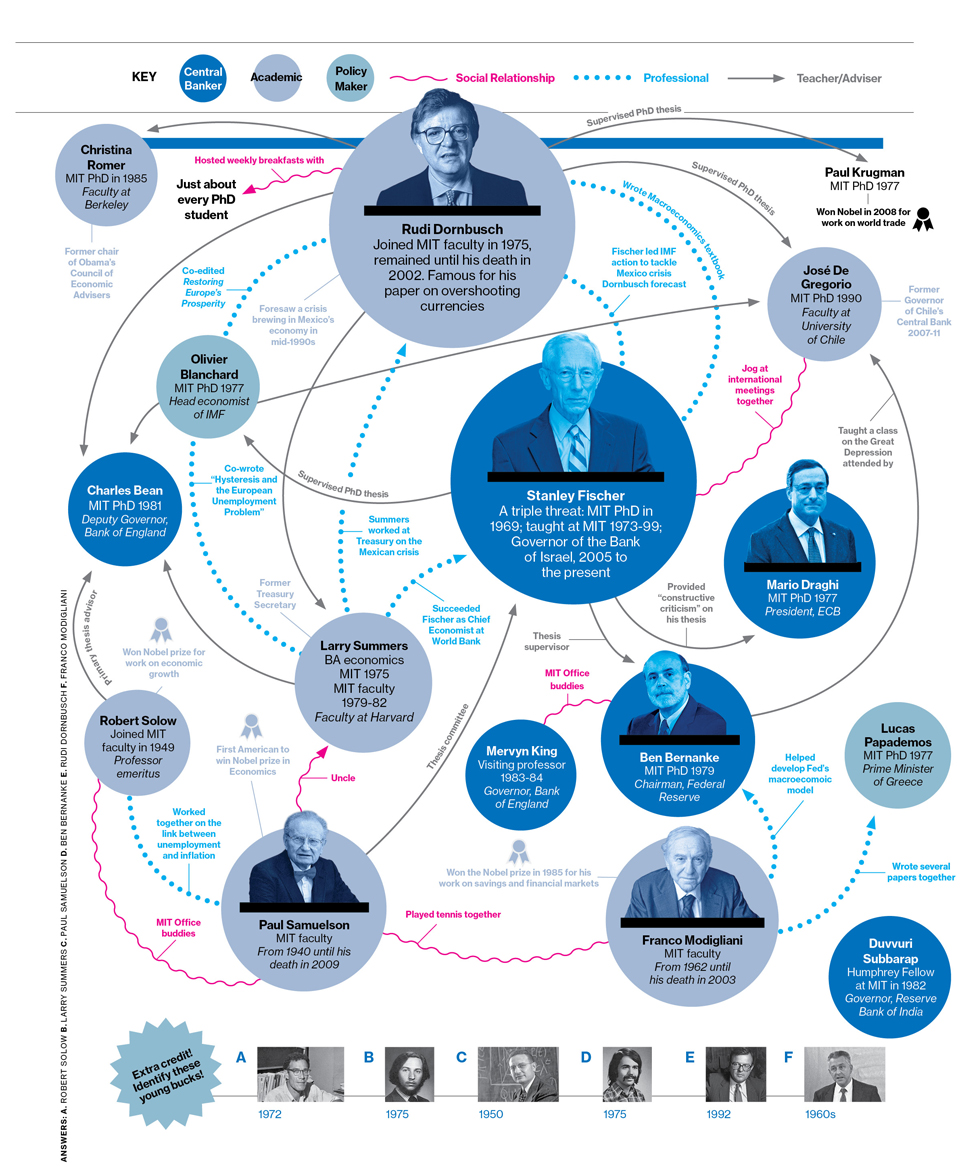Incentives are as risky in parenting as they are in business.
....MUCH MOREChildren, it turns out, can work out how to do lots of things on their own. Crawling and walking are obvious candidates. Eating is also right up there. But some kids teach themselves to do much more complex things, like reading. This, of course, makes one wonder what all the parental effort is for. Usually, the best that can be said is that it speeds things up a little.Nothing, however, taxes a parent’s energy like toilet training. If a child reads a year later, it usually doesn’t affect much. But taking a year longer to learn how to go to the toilet is very costly. Even aside from the obvious costs of diapers and various cleaning routines, there comes a time when a parent feels enough is enough (usually somewhere around the six thousandth diaper change). After attending to your child’s personal waste for years, you feel it is time for some independence.
It is a rare case, indeed, that a child works this out for themselves. The best example I heard of was a mother who noticed that her six-month-old (!) seemed to be doing a ‘‘number two’’ at the same time every day (because of the smelly ‘‘insult,’’ as they term it in the diaper business). So, to save herself some trouble, she’d hold the child over the toilet. This went on for months while the child still wore diapers. The diapers were never soiled, but the mother thought it was just luck.
Then one weekend they went away and left the routine at home. The child didn’t go all weekend (much to her parents’ alarm), which was how they worked out that, at least for the worst insults, she had been trained.
For normal children (that is, all the rest), there is no such luck. The pressures to act build up quickly. At two or so years, your child is starting to look like a real person. And, let’s face it, in a short while that diaper bottom will start to look obvious. Soon enough, they’ll need to attend kindergarten, before which they need to be certified as independent, toilet-trained individuals. Later on there are school, sleepovers, and marriage. If the cord isn’t cut, none of those things will be available to them. But here you have a child with no interest whatsoever in abandoning the cushy, full-service attention they have enjoyed their entire life. They just don’t understand the urgency here. The clock is ticking.
At this point someone pipes up, ‘‘I think we should start potty training junior this weekend.’’ Then the other one says, ‘‘Let me look at my schedule. Hmm, I have to travel for work, but it sounds good to me!’’
So begins a discussion of the plan, the timeline, and the incentives. Even if you somehow delude yourself that you don’t need incentives, your child generally has other ideas. It is all much easier said than done.
One issue I should raise right at the start is that this is all partly the fault of the comfortable disposable diaper. In the olden days — say, three decades ago — cloth diapers were the repository of choice. These had the feature that when they were wet, everyone knew it. Parents knew it, but the child also felt the discomfort.
As the child grew older, the discomfort grew with them. The causal link between what they were doing, in a bodily function sense, and the discomfort was felt early and often. Thus, not only did parents want their child out of these things quickly, the child was on board too.
The disposable diaper has changed that relationship. It is a remarkable piece of technology. Author Malcolm Gladwell believes that it is an achievement that ranks alongside the microchip:...
We've looked at the MIT econ mafia and the connections between the members a few times.
I'm trying to picture this crowd attempting to encourage the little cherubs to drop a deuce:
